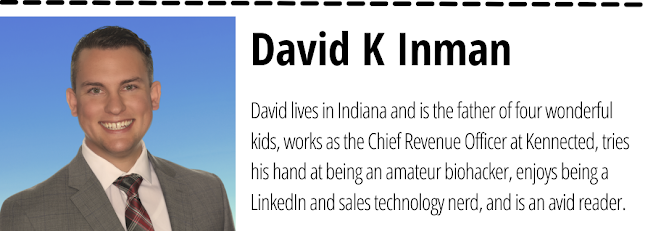Book Description:
The bestselling author of Give and Take and Originals examines the critical art of rethinking in Think Again: learning to question your opinions and open other people's minds, which can position you for excellence at work and wisdom in life
Intelligence is usually seen as the ability to think and learn, but in a rapidly changing world, there's another set of cognitive skills that might matter more: the ability to rethink and unlearn. In our daily lives, too many of us favor the comfort of conviction over the discomfort of doubt. We listen to opinions that make us feel good, instead of ideas that make us think hard. We see disagreement as a threat to our egos, rather than an opportunity to learn. We surround ourselves with people who agree with our conclusions when we should be gravitating toward those who challenge our thought process. The result is that our beliefs get brittle long before our bones. We think too much like preachers defending our sacred beliefs, prosecutors proving the other side wrong, and politicians campaigning for approval--and too little like scientists searching for truth. Intelligence is no cure, and it can even be a curse: being good at thinking can make us worse at rethinking. The brighter we are, the blinder to our own limitations we can become.
Organizational psychologist Adam Grant is an expert on opening other people's minds--and our own. As Wharton's top-rated professor and the bestselling author of Originals and Give and Take, he makes it one of his guiding principles to argue like he's right but listen like he's wrong. With bold ideas and rigorous evidence, he investigates how we can embrace the joy of being wrong, bring nuance to charged conversations, and build schools, workplaces, and communities of lifelong learners. You'll learn how an international debate champion wins arguments, a Black musician persuades white supremacists to abandon hate, a vaccine whisperer convinces concerned parents to immunize their children, and Adam has coaxed Yankees fans to root for the Red Sox. Think Again reveals that we don't have to believe everything we think or internalize everything we feel. It's an invitation to let go of views that are no longer serving us well and prize mental flexibility over foolish consistency. If knowledge is power, knowing what we don't know is wisdom
My Top Takeaways:
- Too often we fall into one of three modes of thinking when engaged in a discussion or argument. The Preacher who passionately works to persuade others to agree with them, the Prosecutor who is focused on proving the 'other side' wrong, or the Politician who is so worried about what others think of them that they adopt whatever opinion they feel will win them the most approval. Each of these modes has its time and place, but more often than not we would be better served to adopt a less used but more powerful mode of thinking. The Scientist sets their sights on finding the truth regardless of whether that means their original opinion was right or wrong.
- Discovering that we were wrong means we can learn what is right. We should celebrate finding out that we were wrong. That's why some of the most successful people in history assembled "challenge networks" who would question their assumptions instead of surrounding themselves with Yes Men who eagerly shook their heads in agreement.
- Children who grew up in homes with parents that had respectful conflict/arguments were more likely to feel emotionally safe at school and later demonstrate greater helpfulness, compassion, and creativity than children who rarely saw their parents disagree in front of them. Arguments shouldn't be kept behind closed doors, but to remain respectful they need to focus on the subject rather than the person. Pointing out flaws in ideas is much more effective than pointing out flaws in people. Healthy homes have "tense but secure" conversations.
- On average, people said they believed they did better than 62 percent of their peers, but in reality, they only outperformed about 12 percent of them. The less intelligent we are in a particular area, the more we tend to overestimate our actual intelligence.
- Want to win an argument? Use fewer points to support your opinion. A weak point dilutes the stronger ones, so only bring a few of your absolute strongest arguments into the conversation and leave the others out.



Comments
Post a Comment